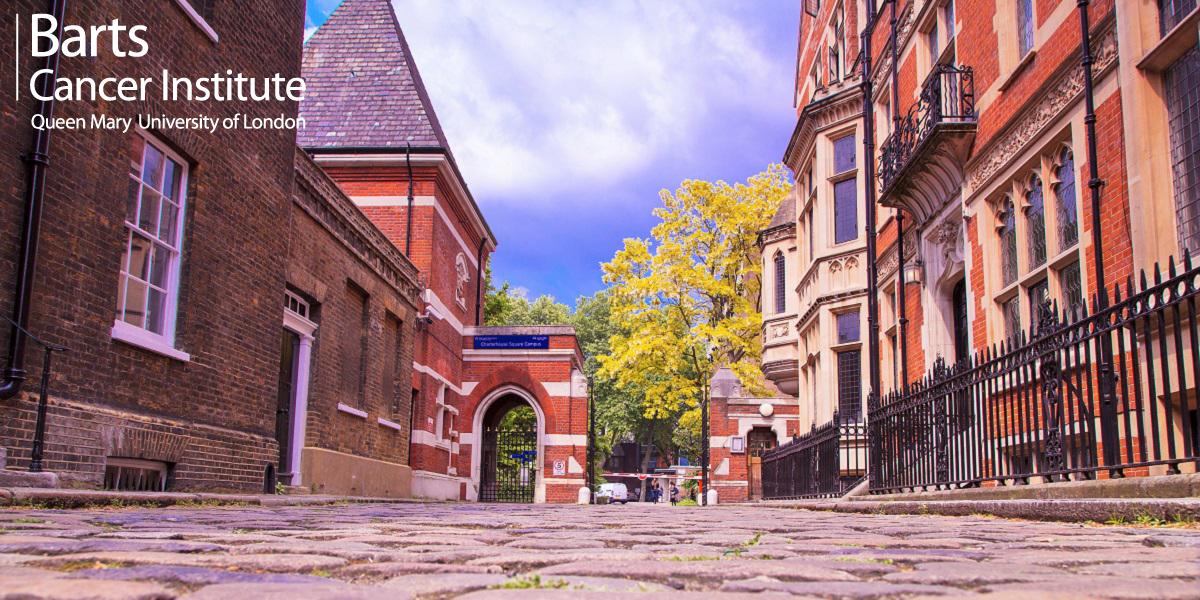
Research Centres
The Barts Cancer Institute (BCI) is made up of six Centres. Our strength lies in a strong philosophy of close collaboration across these Centres, allowing for multidisciplinary integration into shared research objectives. Find out more about each of our Centres below.
GO TO
CENTRE FOR CANCER BIOMARKERS & BIOTHERAPEUTICS / CENTRE FOR CANCER CELL & MOLECULAR BIOLOGY /
CENTRE FOR CANCER EVOLUTION / CENTRE FOR HAEMATO-ONCOLOGY / CENTRE FOR TUMOUR BIOLOGY / CENTRE FOR TUMOUR MICROENVIRONMENT
Our overarching vision within the Centre is to apply our skills and expertise in developing innovative personalised diagnostic, prognostic and therapeutic strategies. Research focuses on the discovery of new biomarkers for earlier diagnosis, monitoring disease progression and response to treatment, and identifying those individuals at risk of disease, and developing targeted treatments.
Centre Lead: Professor Nick Lemoine
Deputy Centre Lead: Professor Claude Chelala

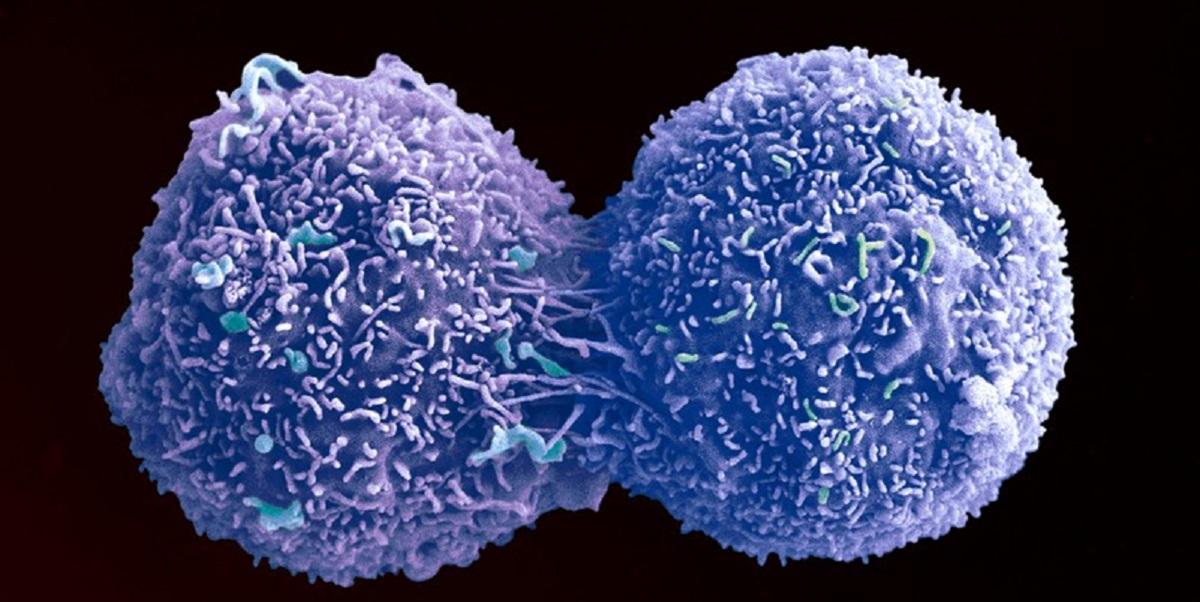
Our main mission within the Centre is to elucidate the fundamental mechanisms of cancer cell biology and how these can be therapeutically targeted. Our central aim is to understand the basic biology of cancer cells and harness this knowledge to identify new treatment strategies.
Centre Lead: Professor Tyson Sharp
Deputy Centre Lead: Professor Susana Godinho
In this Centre, we employ unbiased high-throughput sequencing, mass spectrometry and multispectral imaging of tumour samples to gain unique insights into cancer evolution, genetics and cell signalling through from premalignancy to metastatic disease. Our ambition is to see translation of new knowledge into improvements in early cancer detection and precision medicine.
Centre Lead: Professor Francesca Ciccarelli
Deputy Centre Lead: Professor Sarah McClelland

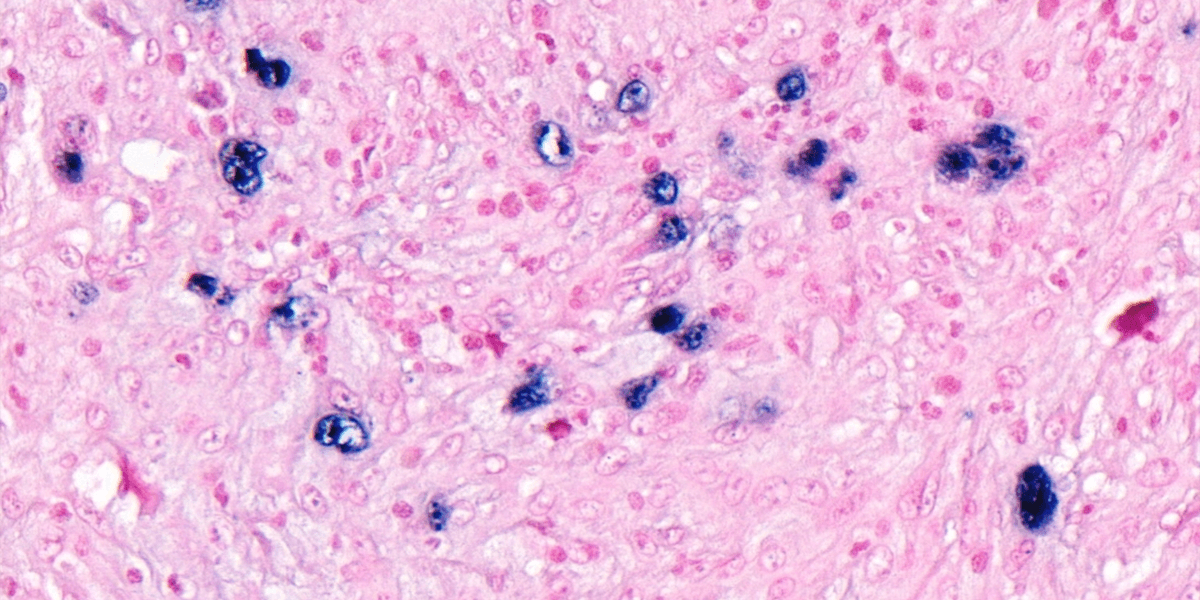
This Centre seeks to understand the molecular basis for lymphoma, leukaemia and myeloma to identify targets for novel targeted therapies and to identify biomarkers of prognosis and response to treatment. We also seek to understand the impact of the tumour microenvironment on malignant cell survival and resistance to therapy. A long-standing strength has been the translational components with strong links to the clinic through clinical senior lecturers and clinical research fellowships and high enrolment of patients in clinical trials.
Centre Lead: Professor John Gribben
Deputy Centre Lead: Professor Jessica Okosun
Work in this Centre focuses on different aspects of the biology of transformed cells or the stromal cells found in neoplastic foci. Our unifying interest is in understanding the cellular and molecular events which drive tumour progression to the malignant phenotype. We have a particular interest in understanding the nature of the “cross-talk” between epithelial cancer cells and their stromal partners during cancer evolution.
Centre Lead: Professor John Marshall
Deputy Centre Lead: Professor Richard Grose
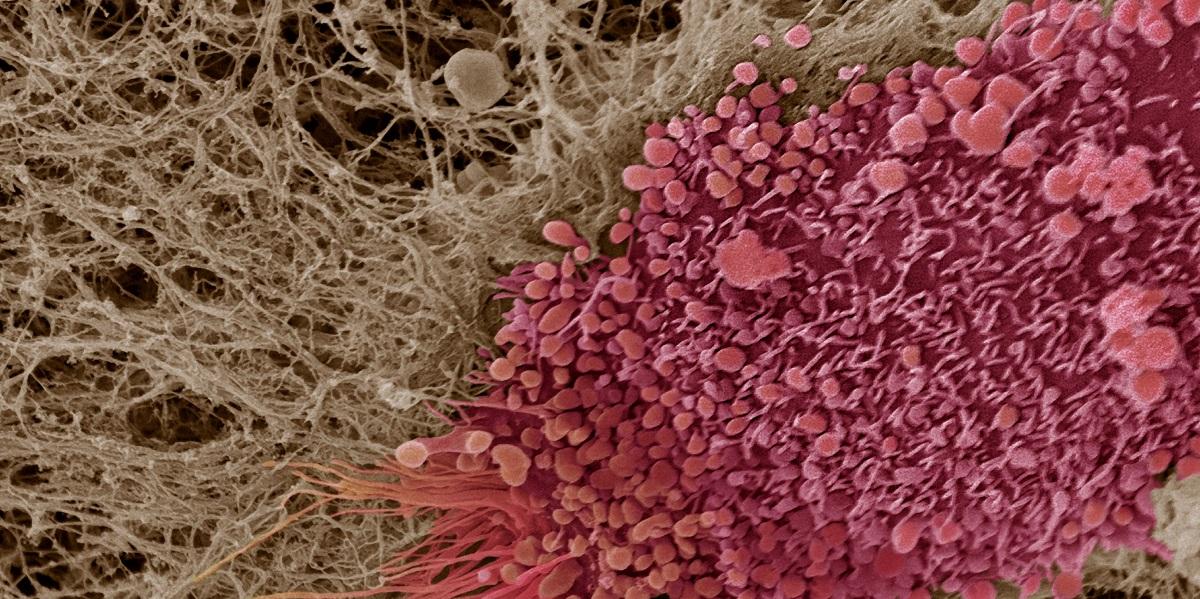
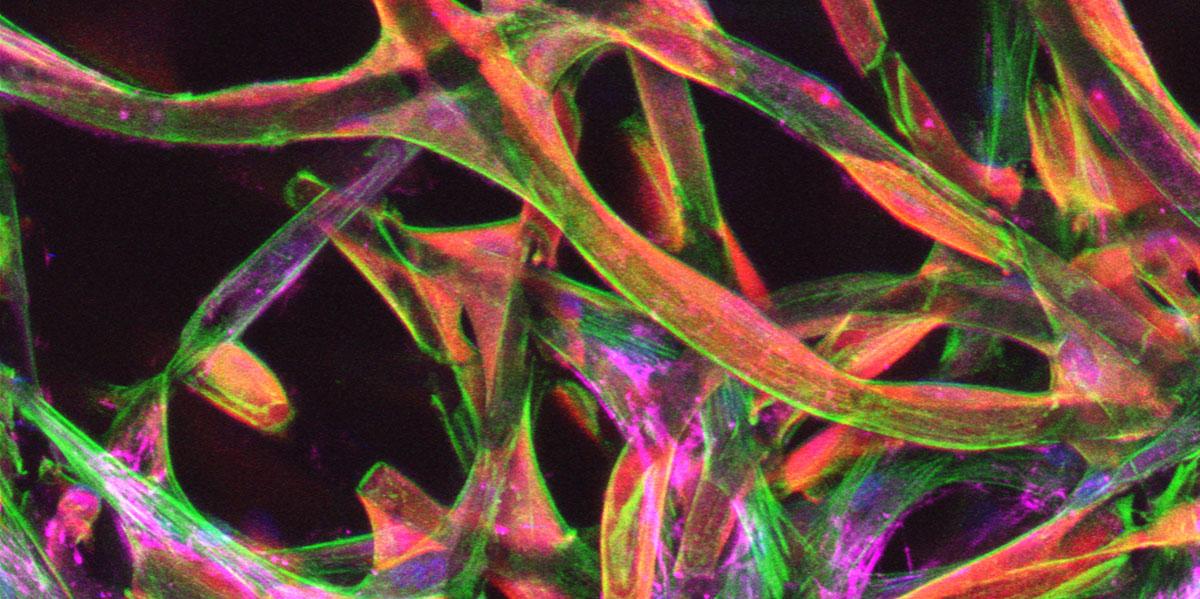
Our main mission within the Centre is to discover how to exploit the tumour microenvironment (TME) in the control of cancer growth and spread. Our central aim is to understand the biology of the human TME using novel and relevant in vitro and in vivo models in research that is always led by information from patient samples and clinical problems. We aim to harness this knowledge to identify new treatment strategies.
